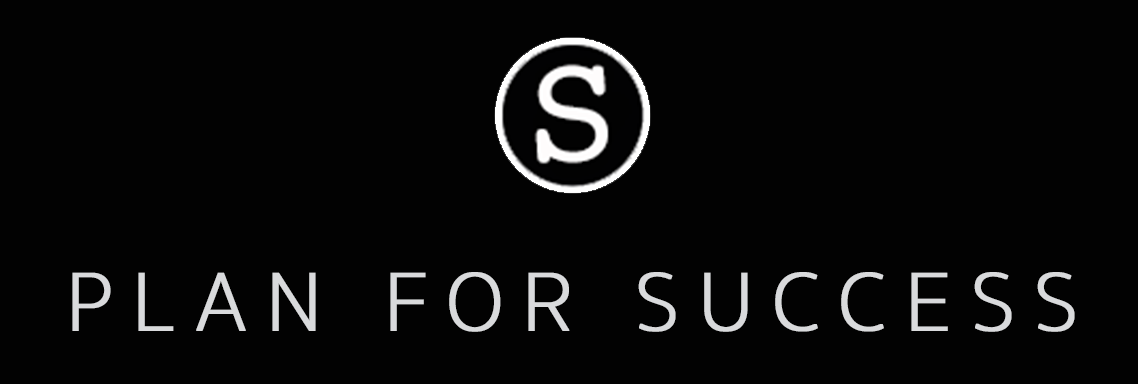|
You drop the ball. I know you do.
I do too. Sometimes we simply don’t get everything done. Sometimes, we get lazy and slacken our efforts. How do you plan for success? How do you set goals? What’s the difference between the two? Today, I’d like to focus on the differences. Understanding key differences between planning and goal setting can help you develop effective strategies and achieve your objectives. Planning and goal setting are two, different, key processes in achieving desired outcomes in personal and professional contexts. While they may seem interchangeable, they differ in significant ways. So, let’s outline five, main differences between planning and goal setting. Here are five: 1- DEFINITIONS Planning is the process of determining what actions need to be taken to achieve a desired outcome, and then developing a strategy to implement those actions. Goal setting, on the other hand, involves establishing specific, measurable objectives that an individual or organization aims to achieve. A study conducted by Locke and Latham (2002), goal setting involves the identification of a specific performance target and the development of a plan of action to achieve it. Planning, involves the identification of necessary resources, tasks, and timelines required to achieve a particular goal. 2- FOCUS Planning is concerned with the process of achieving the goal, while goal setting is focused on the outcome or result. According to a study by Bandura and Schunk (1981), planning is an essential element of goal attainment as it helps individuals anticipate and overcome obstacles that may prevent them from reaching their goals. Goal setting, however, is focused on defining and clarifying what the desired outcome should be. 3- FLEXIBILITY Planning is more flexible than goal setting as it allows for adjustments and modifications to the strategy in response to changing circumstances. Goal setting is typically more rigid, with specific targets set that are not easily changed. According to a study by Swann and Pratt (2002), planning allows individuals to adapt their approach to achieve a desired outcome, whereas goal setting can lead to a focus on achieving a specific target at all costs, even if circumstances change. 4- TIME FRAMES With time frames, planning is typically shorter-term and may focus on the immediate future, while goal setting involves longer-term objectives. As noted by Covey (1994), planning is more focused on the immediate tasks and actions required to achieve a particular goal. Goal setting is more focused on the long-term vision and direction an individual or organization wishes to pursue. 5- LEVEL OF DETAIL Planning involves more specific and detailed steps, while goal setting is more high-level and conceptual. A study by Klein and Lim in 2008 reported that planning is concerned with developing specific steps that can be taken to achieve a desired outcome. Goal setting differs in that it involves defining broad objectives and outcomes without necessarily specifying how they will be achieved. "While goal setting provides the destination, planning provides the road map to get there." - Covey Planning and goal setting are distinct processes that differ in definition, focus, flexibility, time frame, and level of detail. By understanding these differences, individuals and organizations can better develop effective strategies to achieve their desired outcomes. Are you ready to start planning? Let’s do it. Let’s hit your goals! Sign up for a FREE 15 minute video chat consultation with me to start the process. Also, visit sheimdal.com for books, journals, articles and more - all focused on putting YOU in a Position of Power - to plan and reach your goals. Enjoy your weekend and keep moving forward - one, small step at a time! -Stu Join me on LinkedIn References: Bandura, A., & Schunk, D. H. (1981). Cultivating competence, self-efficacy, and intrinsic interest through proximal self-motivation. Journal of Personality and Social Psychology, 41(3), 586-598. Covey, S. R. (1994). First things first. Simon and Schuster. Klein, H. J., & Lim, B. C. (2008). Understanding career success: A comprehensive framework. The Journal of Applied Psychology, 93(2), 276-286. Locke, E. A., & Latham, G. P. (2002). Building a practically useful theory of goal setting and task motivation: A 35-year odyssey. American Psychologist, 57(9), 705-717. Swann Jr, W. B., & Pratt, M. G. (2002). Desired futures: The impact
0 Comments
Your comment will be posted after it is approved.
Leave a Reply. |
Writer of screenplays, fiction novels, inspirational stories, and short stories. Archives
April 2024
Categories
All
|


 RSS Feed
RSS Feed